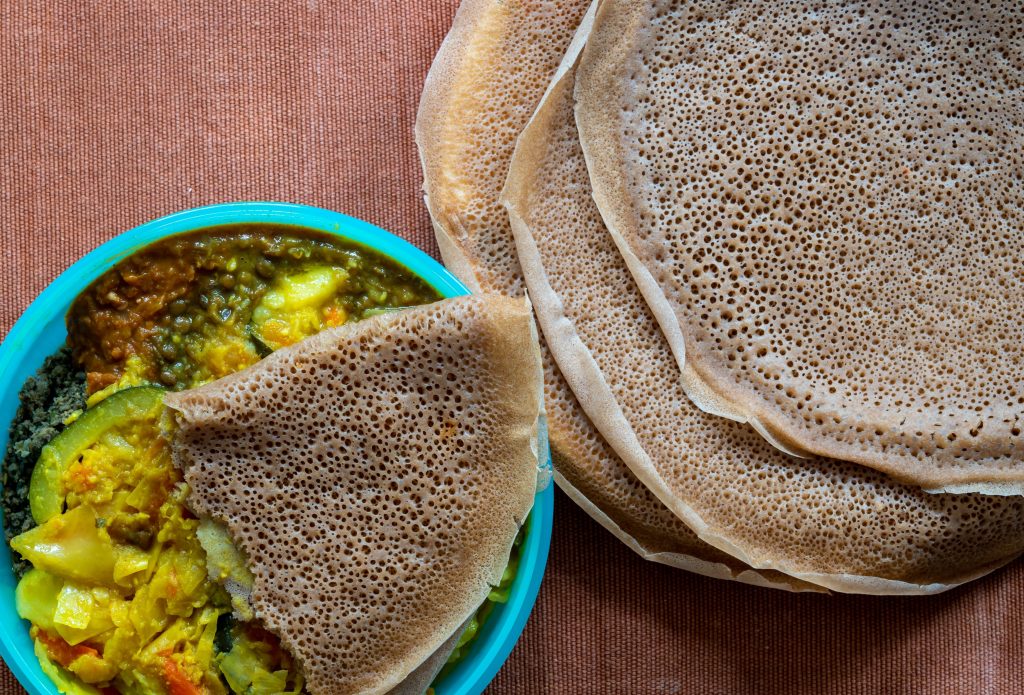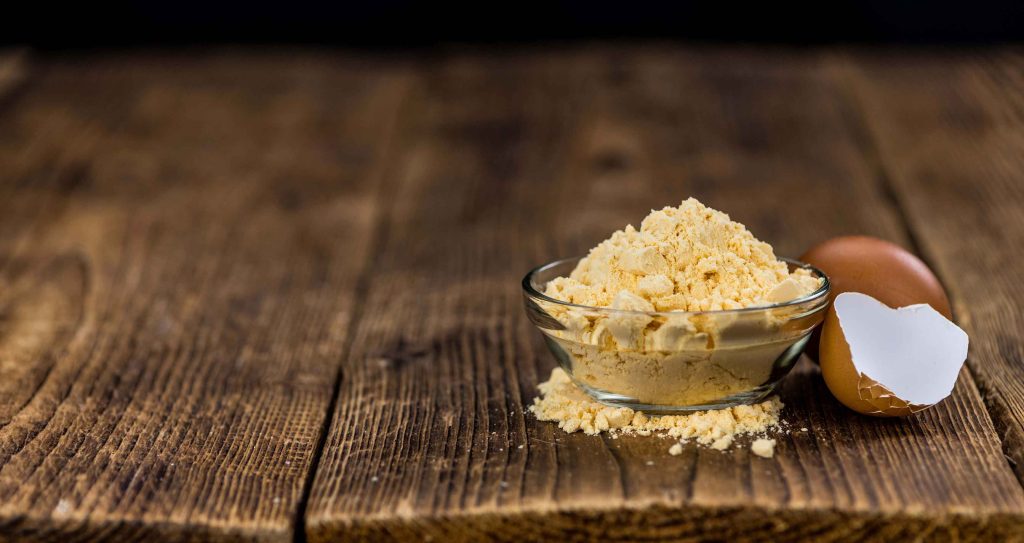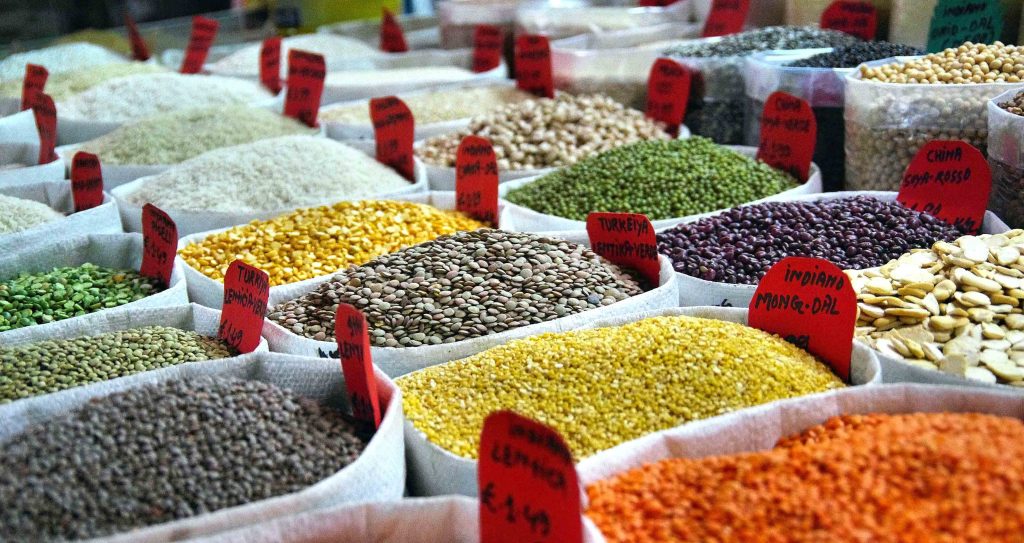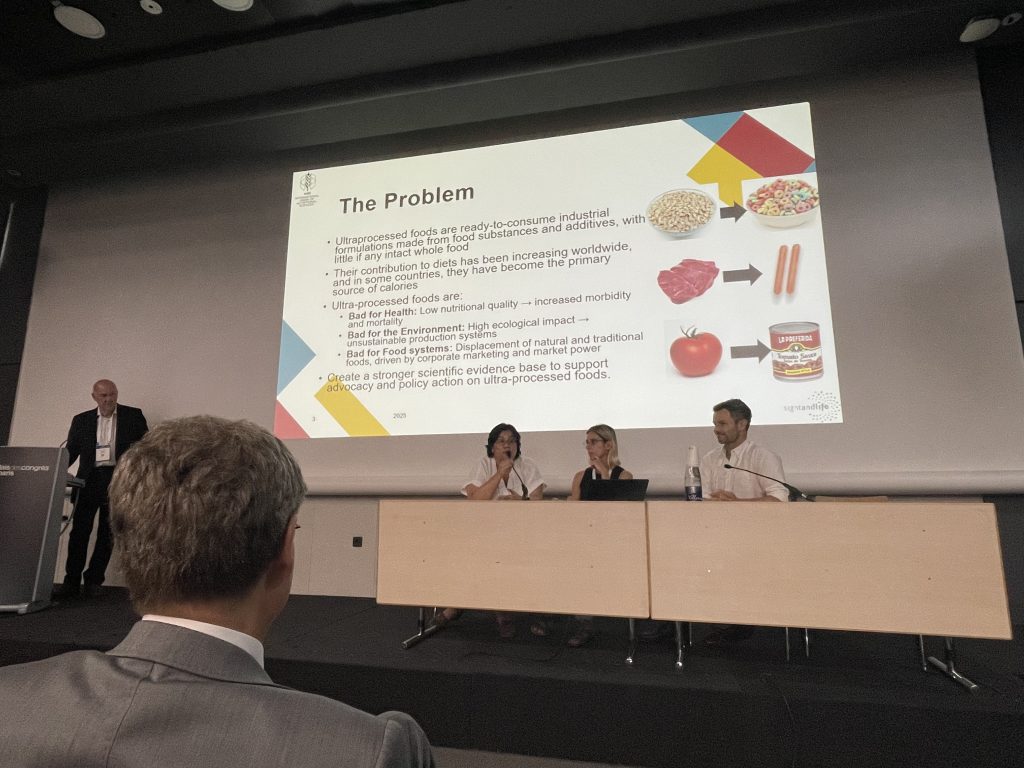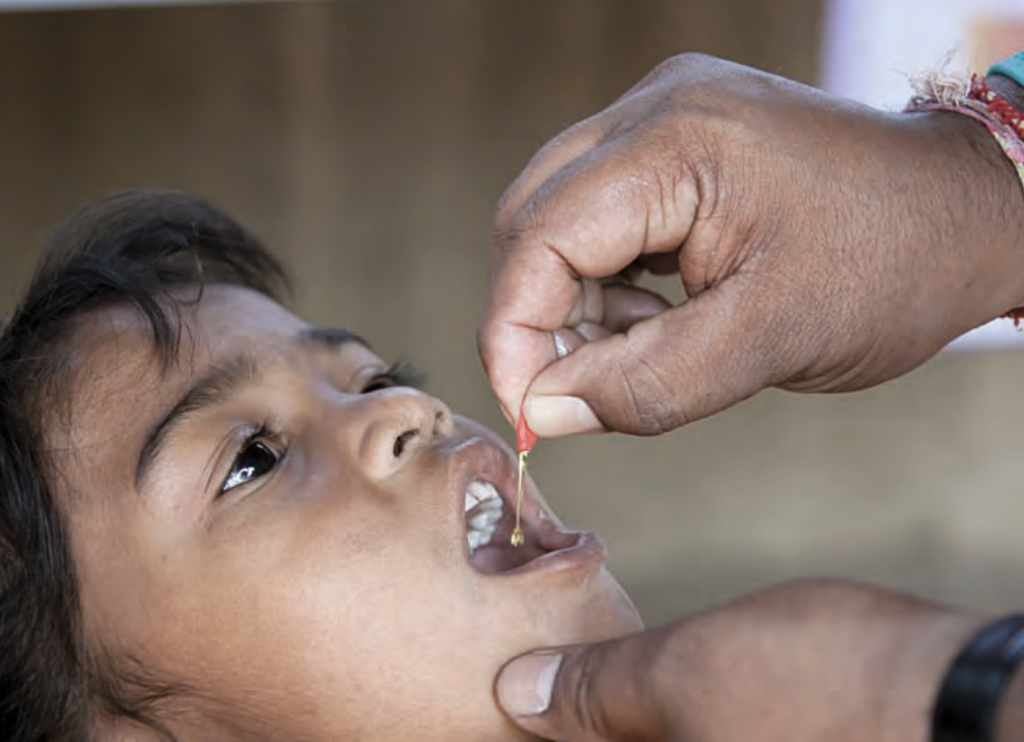Spray-dried eggs: a rich nutritional supplement
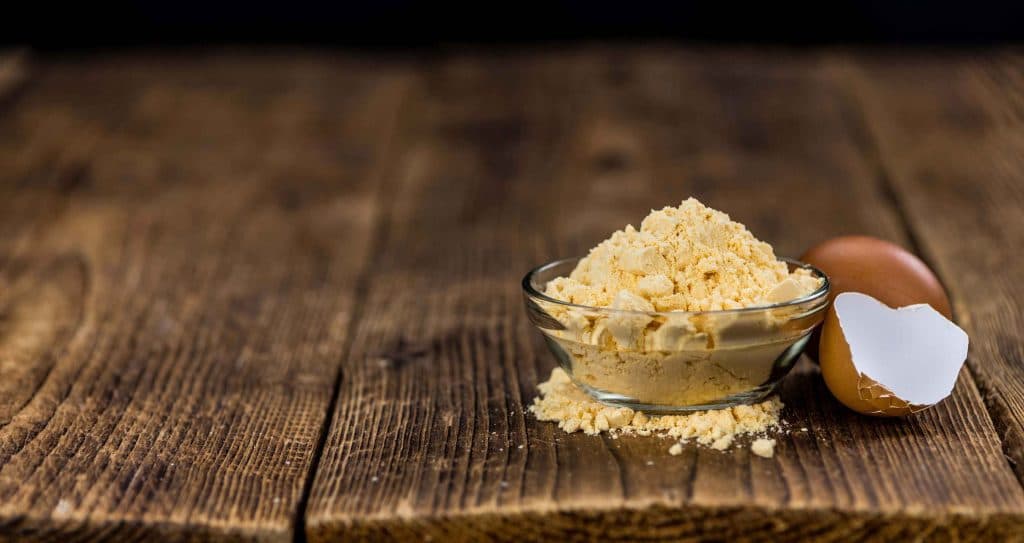
To assess the nutritional value of spray-dried eggs, favored by their production, storability, and ease of addition to (complementary) foods.
Using a wide range of analytical techniques, we recorded and compared the nutrient profiles of pasteurized whole eggs and their respective powder samples spray-dried at 160°C. To investigate the influence of spray-drying on the nutrient profile of hen eggs, samples from three different batches of pasteurized whole eggs as well as their respective spray-dried whole egg powder were analyzed.
Important nutrients that were not significantly affected by spray-drying include total fat content, several amino acids, α- and δ-tocopherol, lutein, zeaxanthin, essential trace elements, and cobalamin. The most notable mean losses were found for unsaturated fatty acids, e.g., linoleic (by −38.7%,) and alpha-linolenic acid (by −60.8%). Despite recording significant retinol losses in two of three batches, the overall low reduction of −14% recommend spray-dried eggs as a valuable source of vitamin A. A daily intake of spray-dried egg powder corresponding to one medium-sized egg meets dietary reference values for children: by 100% for vitamin E, by 24% for retinol, by 61% for selenium and by 22% for zinc. Even though a dry weight comparison favors supplementation with pasteurized whole eggs, our results demonstrate a high potential for spray-dried eggs as nutritional supplement. However, the spray-drying process should be optimized toward higher retention of unsaturated fatty acids and retinol.
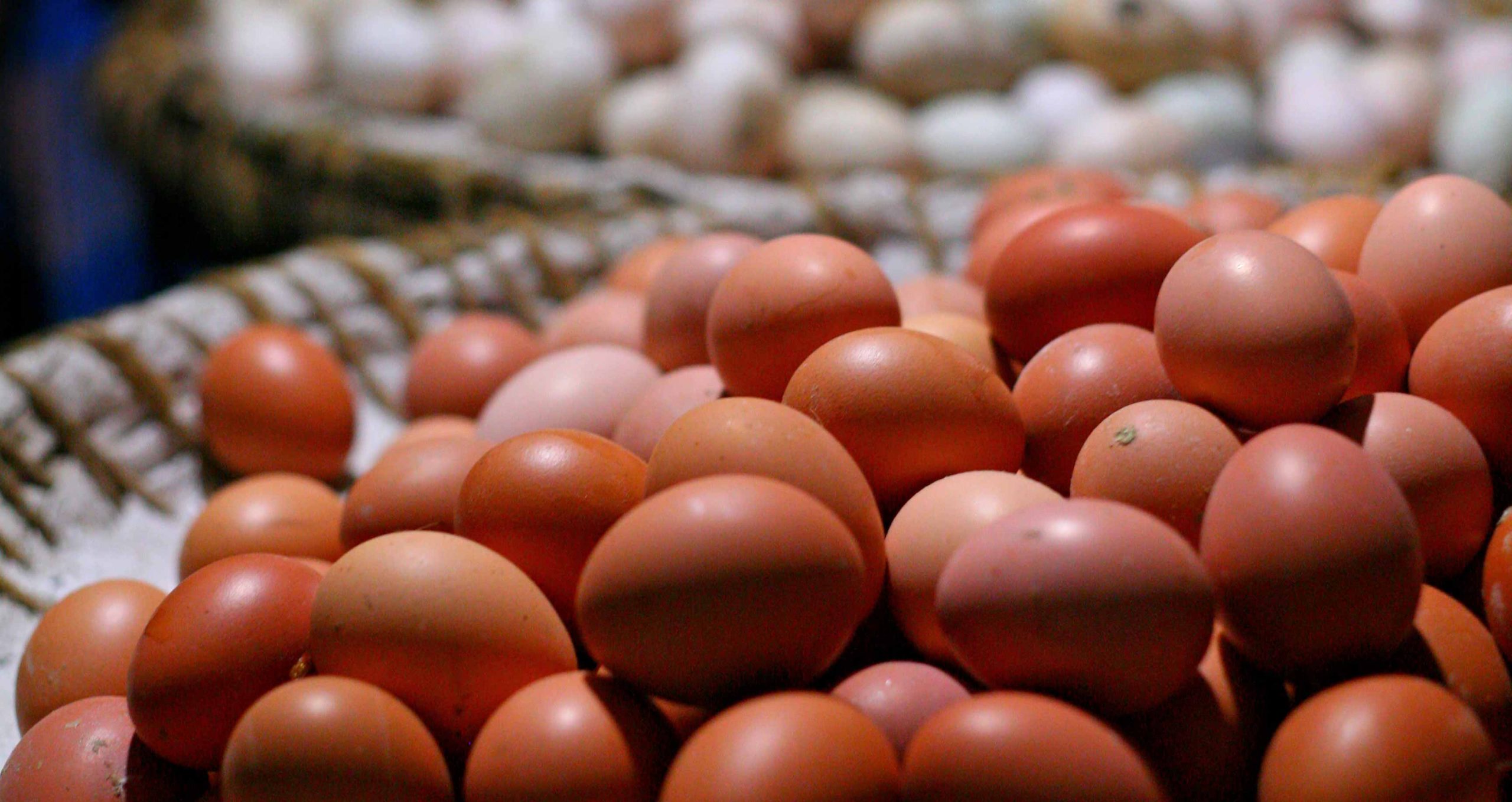
Key details
- Hen eggs are appreciated globally as inexpensive, nutritious, and technologically versatile foods.
- The fact that whole egg is a valuable source of protein is made clear by its defined biological value of 100%. With the exception of vitamin C, hen eggs contain all vitamins and represent an important source of nutrients. All fat-soluble vitamins A, D, E, and K are found in the egg’s yolk.
- With these contents, eggs make an important contribution to meeting daily vitamin requirements, and regular consumption of hen eggs can prevent deficiency of essential nutrients in vulnerable population.
For more details, read the publication: Pirkwieser, Philip, et al. Evaluation of spray-dried eggs as a micronutrient-rich nutritional supplement. Frontiers in Nutrition (2022): 2039.
Discover more
Why tackle malnutrition
Understand how malnutrition affects our collective future
Global footprint
Discover our key projects across the world
Our strategy
Learn about our 3-stage plan to deliver direct impact on the ground
Our impact
Learn about the impact we have made on the ground so far all these chnages are in discover more section
